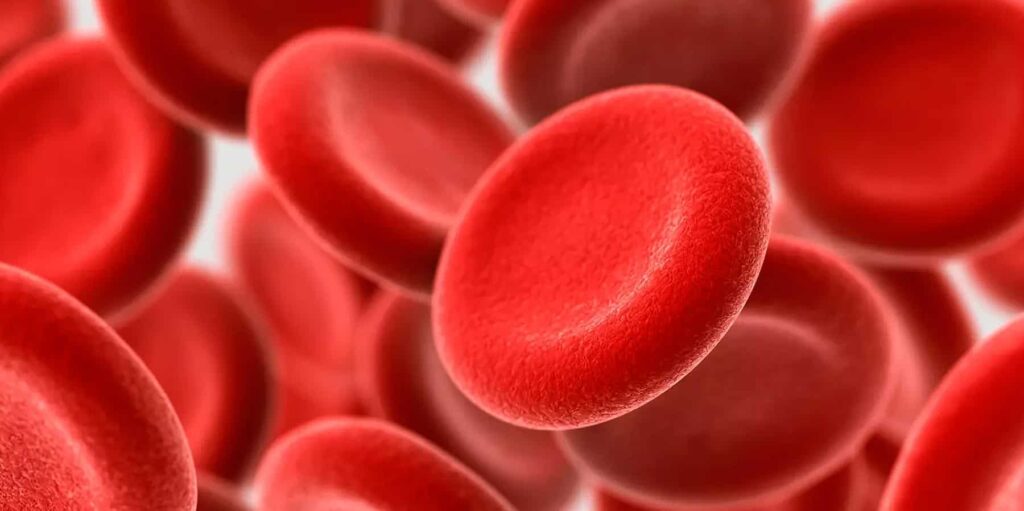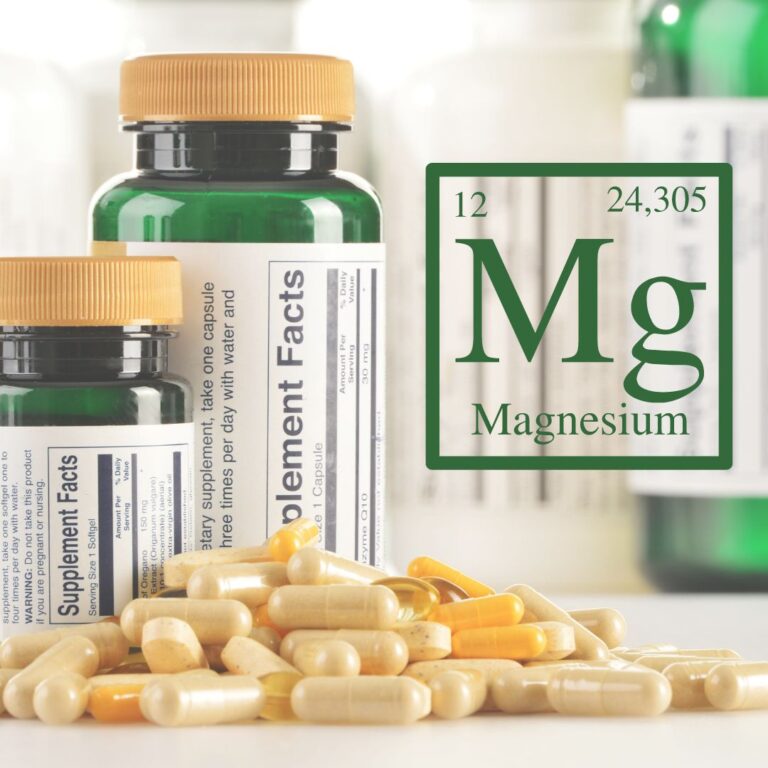A hemoglobin test measures the amount of hemoglobin in your blood. Hemoglobin is a protein in your red blood cells that carries oxygen to your body’s organs and tissues and transports carbon dioxide from your organs and tissues back to your lungs.
The main difference between iron and hemoglobin is that iron is the metal ion bound to hemoglobin. It is an essential micronutrient for the body’s functioning, and around 70% of the iron in the body occurs as a part of hemoglobin.
So, you can think of it as iron is the one that binds with oxygen while hemoglobin is the one that serves as an oxygen carrier.
You may have a hemoglobin test for several reasons, primarily to check on your overall health, diagnose a medical condition, or monitor a medical condition. Lower than expected levels can indicate a form of anemia. Anemia simply means a deficiency of healthy red blood cells and many causes of anemia.
There are several reasons one may have low hemoglobin levels:
- Iron deficiency due to restrictive diets such as vegetarian or vegan.
- Deficiency of other nutrients, such as vitamin B12 or folic acid
- Internal or external blood loss resulting from surgery, injury, menstrual bleeding, or bleeding from the gastrointestinal tract
- Cancer
- Thalassemia is a common inherited blood disorder caused by genetic mutations in the hemoglobin genes. It is usually mild, but severe forms can cause symptoms in childhood.
- Kidney or liver disease
- Autoimmune diseases
Symptoms indicating low red blood cell levels may include:
- Fatigue
- Pale skin (pallor)
- Weakness
- Dizziness
- Shortness of breath
- Cold hands and feet
Two of the most common reasons for getting your hemoglobin regularly tested at the pharmacy is to keep an eye on anemia due to low iron or B12 levels. We see a lot of vegans and vegetarians!
Can you have too much hemoglobin? Yes, some conditions can increase red blood cells in the body, causing an excess of hemoglobin in the blood. Too many red blood cells can cause the blood to thicken and become sluggish. Thick blood does not flow as quickly, which can deprive the organs of oxygen.
Higher than normal hemoglobin can be a sign of:
- Polycythemia vera: A rare blood disease where the bone marrow produces too many red blood cells. It is usually caused by a genetic mutation, although the disease is not inherited.
- Congenital heart defects
- Certain types of kidney diseases, including kidney cancer
- Lung disease, including chronic pulmonary obstructive disease (COPD) and pulmonary fibrosis
Symptoms of excess levels of red blood cells may include:
- Headaches
- Blurred or double vision
- Dizziness
- Itching
- Blood clots
The hemoglobin test may screen for anemia and other blood disorders and monitor the progress during treatment. It can only establish whether anemia is present and its degree of severity. The test cannot detect what is causing the abnormal level of hemoglobin. Additional tests would be required.
Contact our pharmacist Betty or Jessica at Dispensaries Ltd, West Block, to learn more about hemoglobin testing or to book an appointment to have your hemoglobin tested.





